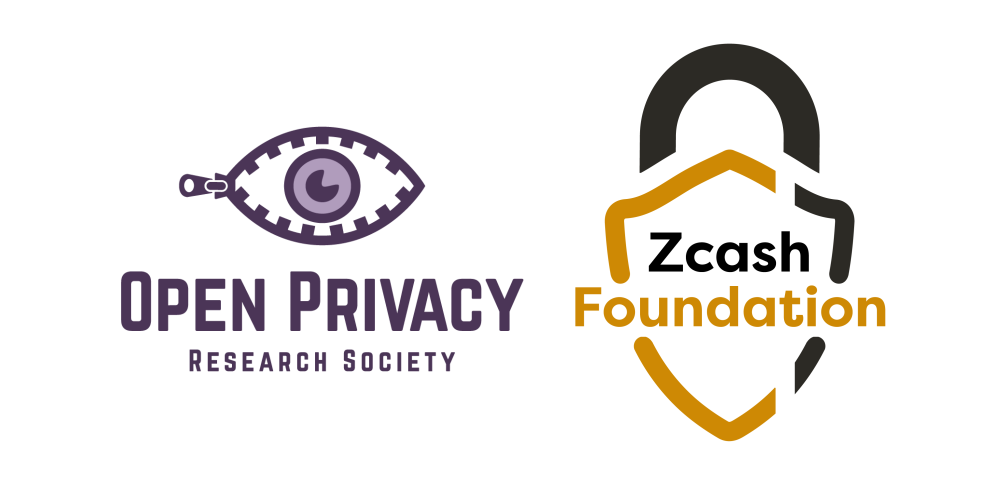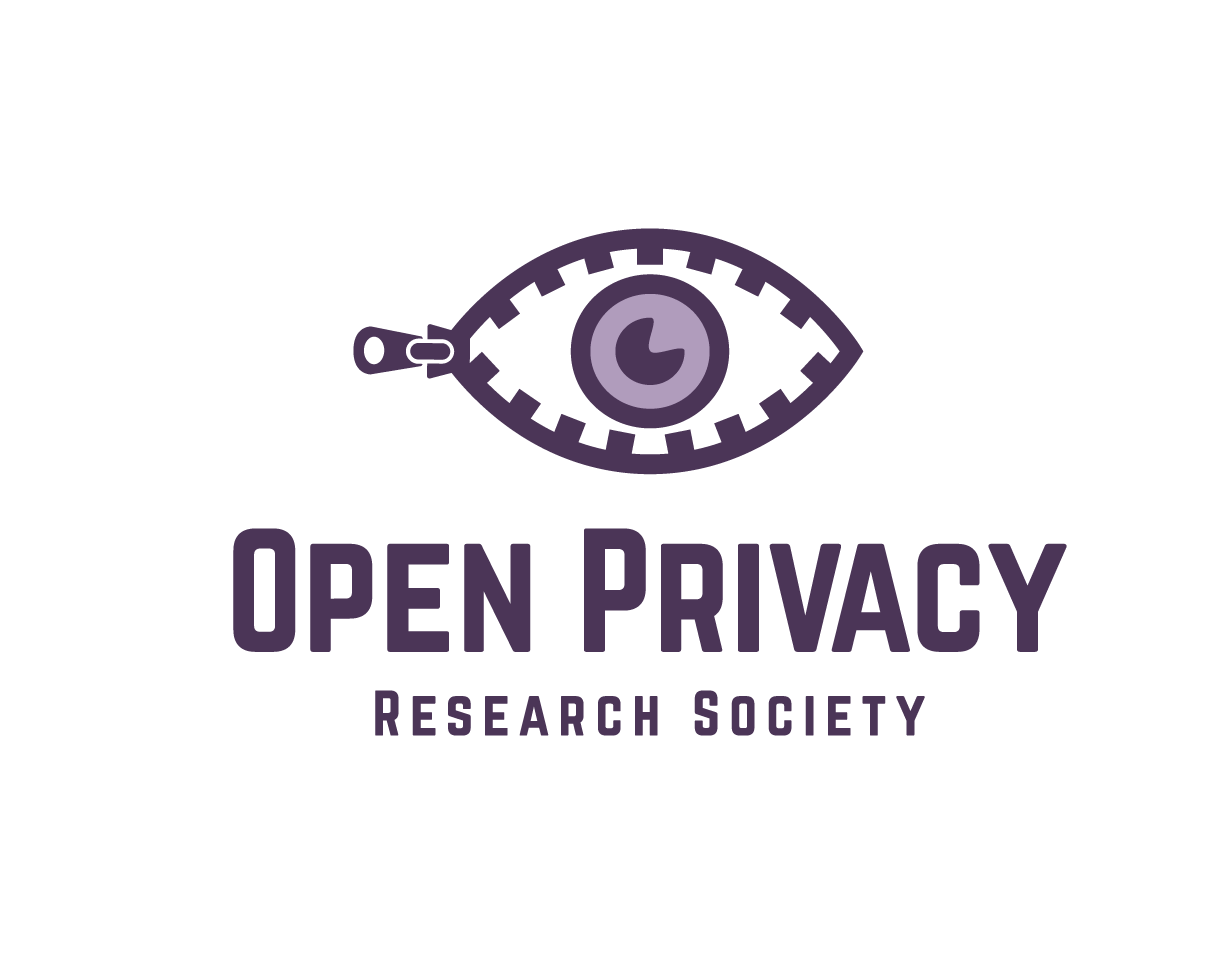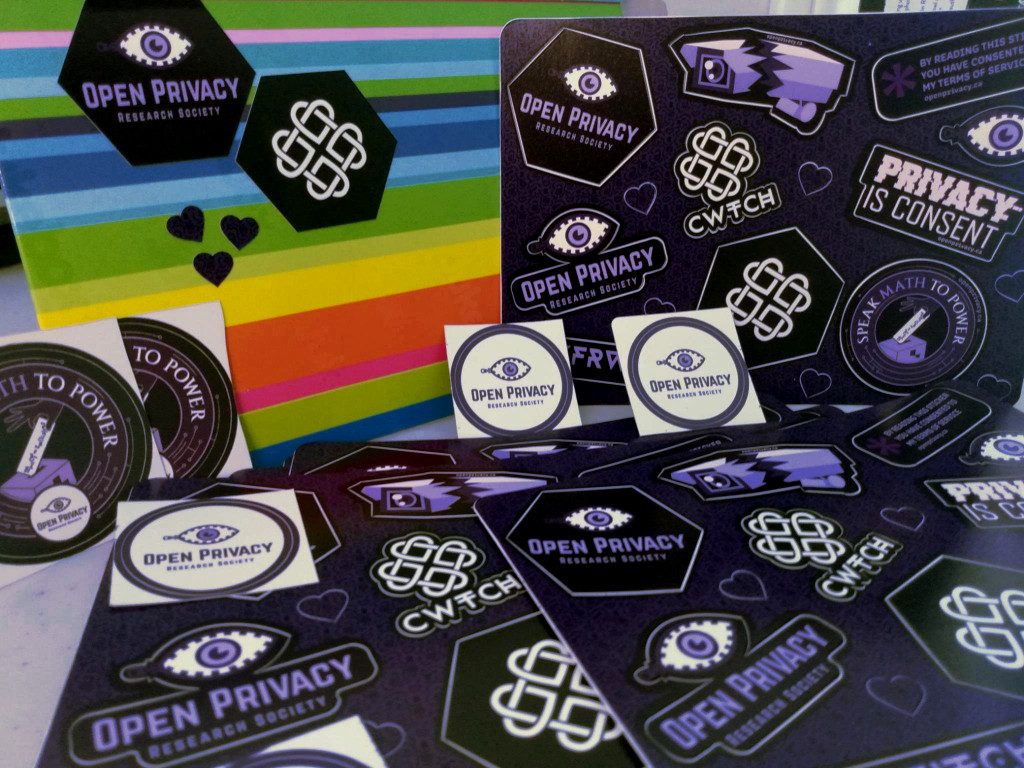
Incentivizing Trustlessness
03 Dec 2019
We are delighted to announce that the Zcash Foundation donated 1044.41369 ZEC (or $40,000 USD at time of donation) to the Open Privacy Research Society. We would like to send a big Thank You to the Zcash Foundation for their support!
While the donation was unrestricted, we would also like to take this opportunity to announce a number of new initiatives (some involving zcash!) that this funding will contribute to!
Token Based Services
Open Privacy is starting to explore additions to the Cwtch ecosystem that both strengthen the incentives to run untrusted infrastructure, while maintaining anonymity for peers and servers. The initial stage of this involved moving Cwtch away from Ricochet as the underlying protocol for Peer <-> Server communications to a homegrown framework called Tapir.
Tapir already features a more robust authentication protocol than the original Ricochet, and will soon feature a new cryptographic protocol for separating the current proof-of-work (PoW) based spam prevention into a new exchange based on PrivacyPass. In exchange for completing a proof-of-work challenge the peer will be allowed to engage in a protocol to obtain signed (and blinded) tokens that they can then exchange with the service at a later date to post new messages.
Towards Anonymous Prepaid Services
However, peer PoW does little to incentivize the hosting of new Cwtch Servers . That is why we are now exploring options that would allow Cwtch servers to accept payment in exchange for tokens instead.
This would provide a way for servers to recover hosting costs through accepting pre-payment for the services it provides in a way that is privacy preserving.
Zcash Prototype
Zcash is among a small number of cryptocurrencies that directly provide a way to transmit significant data along with a payment - encrypted memos. This would allow us to perform the blind signing protocol described above over Zcash itself (substituting the PoW requirement with the act of paying in Zcash). And because of the privacy preserving properties of Zcash, this can be done in a way that doesn’t compromise the metadata resistance goals of Cwtch.
We’ve implemented a prototype of the above system using zecwallet. First the peer gets a zcash payment uri which they can paste into their zcash wallet:

Then, once confirmed they the server sends back a response:

This response can be pasted back into the prototype, the tokens are then unblinded and available for spending.

The prototype doesn’t provide a way to spend those tokens, and has been written to flesh out the zcash integration portion of the work.
Scalability, Mobile and User Payments
Separating token payment from spending will also allow us to better support mobile clients (by, for example, allowing users to share tokens between synced devices instead of requiring the mobile peer to complete battery intensive proof-of-work).
Through these efforts, we hope to mitigate one of the major limitations of Cwtch-like systems (or indeed any anonymity service provider) their inherent scale limitations. By providing multiple avenues for people to be compensated to host anonymous services, we hope to spread the scale burden and increase the robustness & reliability while maintaining, and even reinforcing the distributed & decentralized nature of the system.
Combating Financial Censorship
Server side support is only half the battle, and the most critical aspect of this whole endeavour will be getting people who use Cwtch to a position where they can easily use zcash (and possibly other cryptocurrencies with similar properties) to pay for anonymous services, or even accept it themselves.
To that end we are investing in design & usability and investigating integration options that will work for the communities that use Cwtch. Expect more news on this in the New Year.
To the Future
There are many challenges involved in realizing this vision, but we are excited to have the opportunity to tackle these challenges.
We would like to extend another big thank you to the Zcash Foundation for their support, and to all of our supporters who continue to help us in our mission to build technology based on consent by, with, and for the communities that need it the most.











